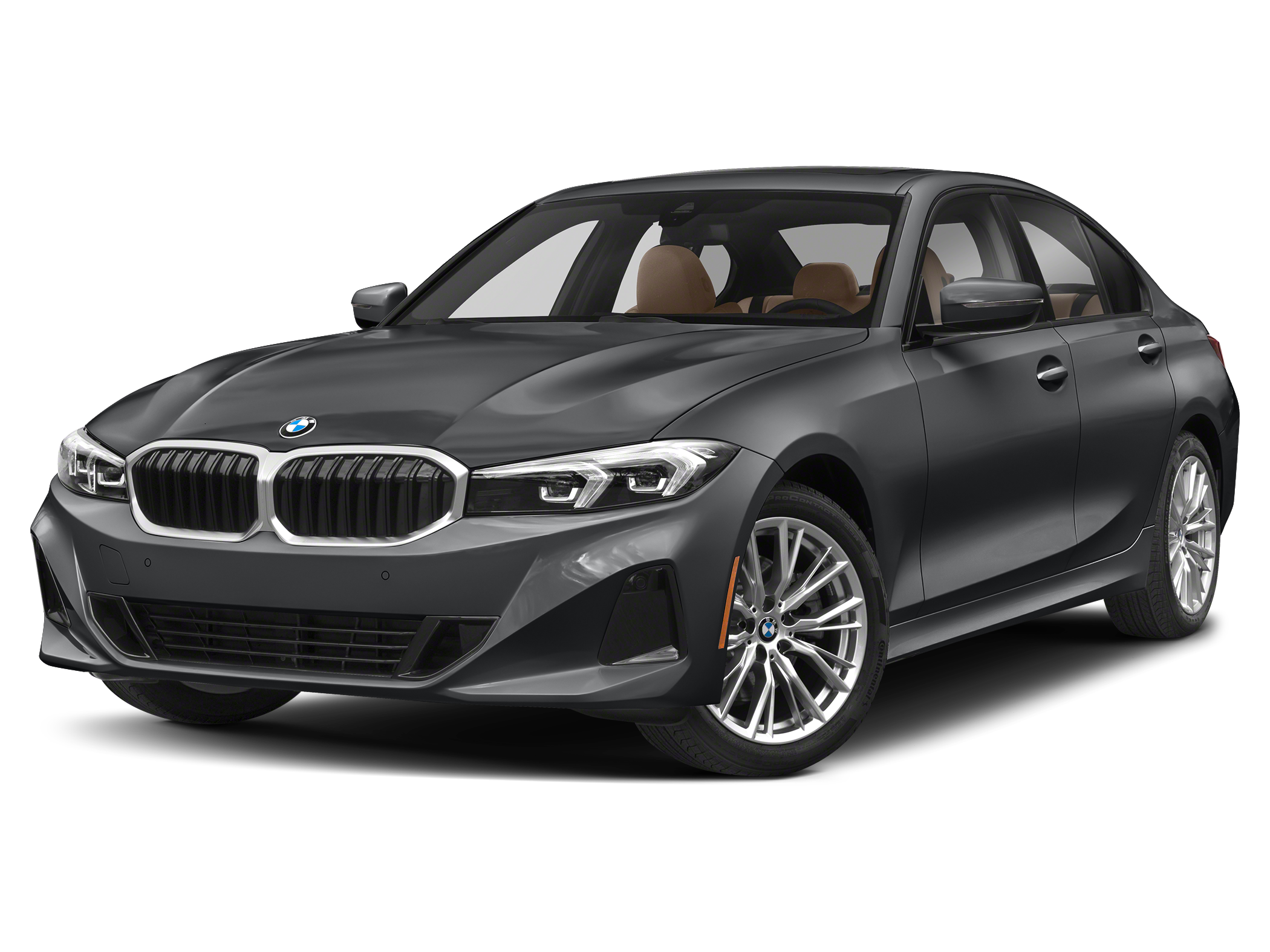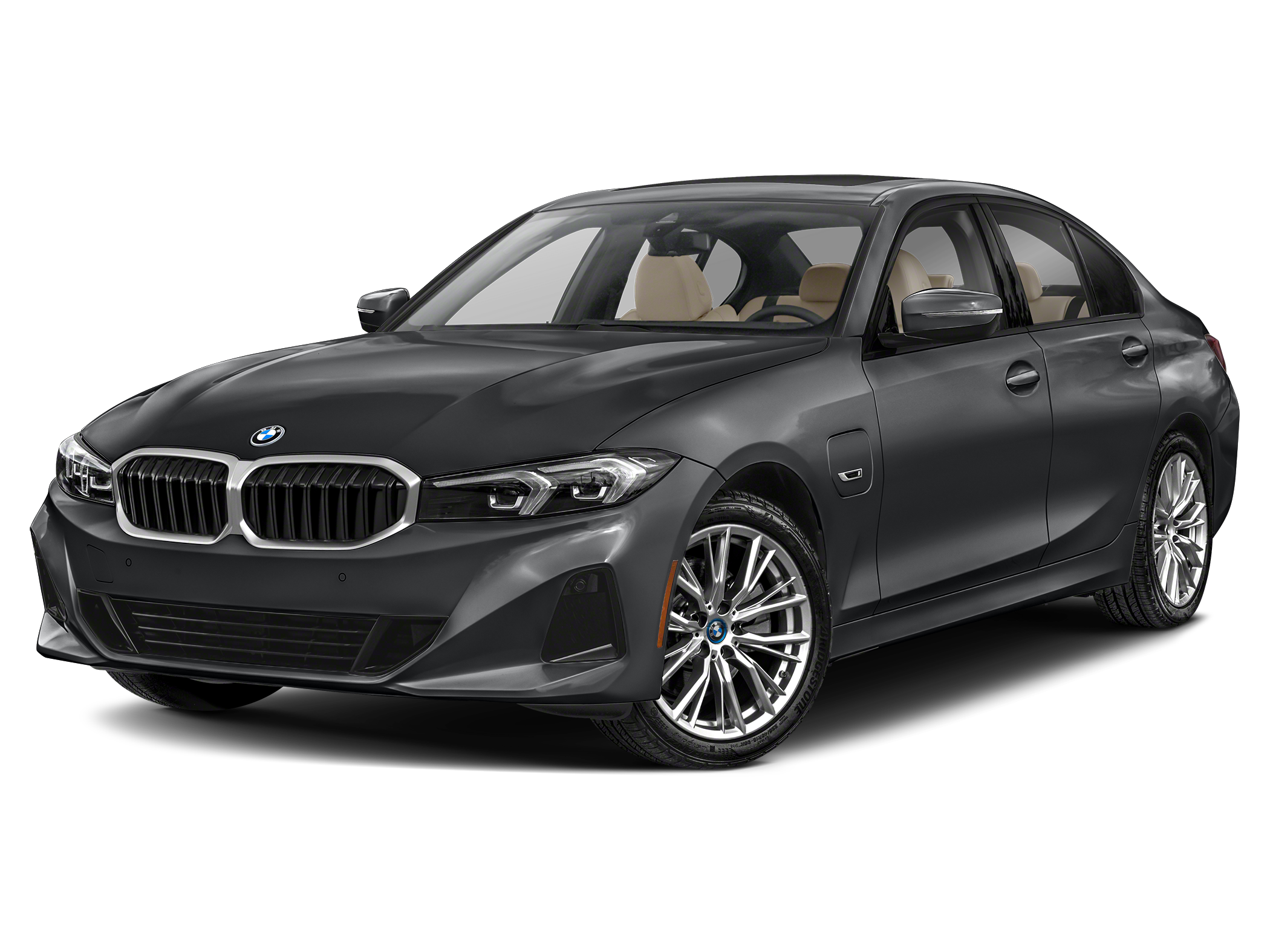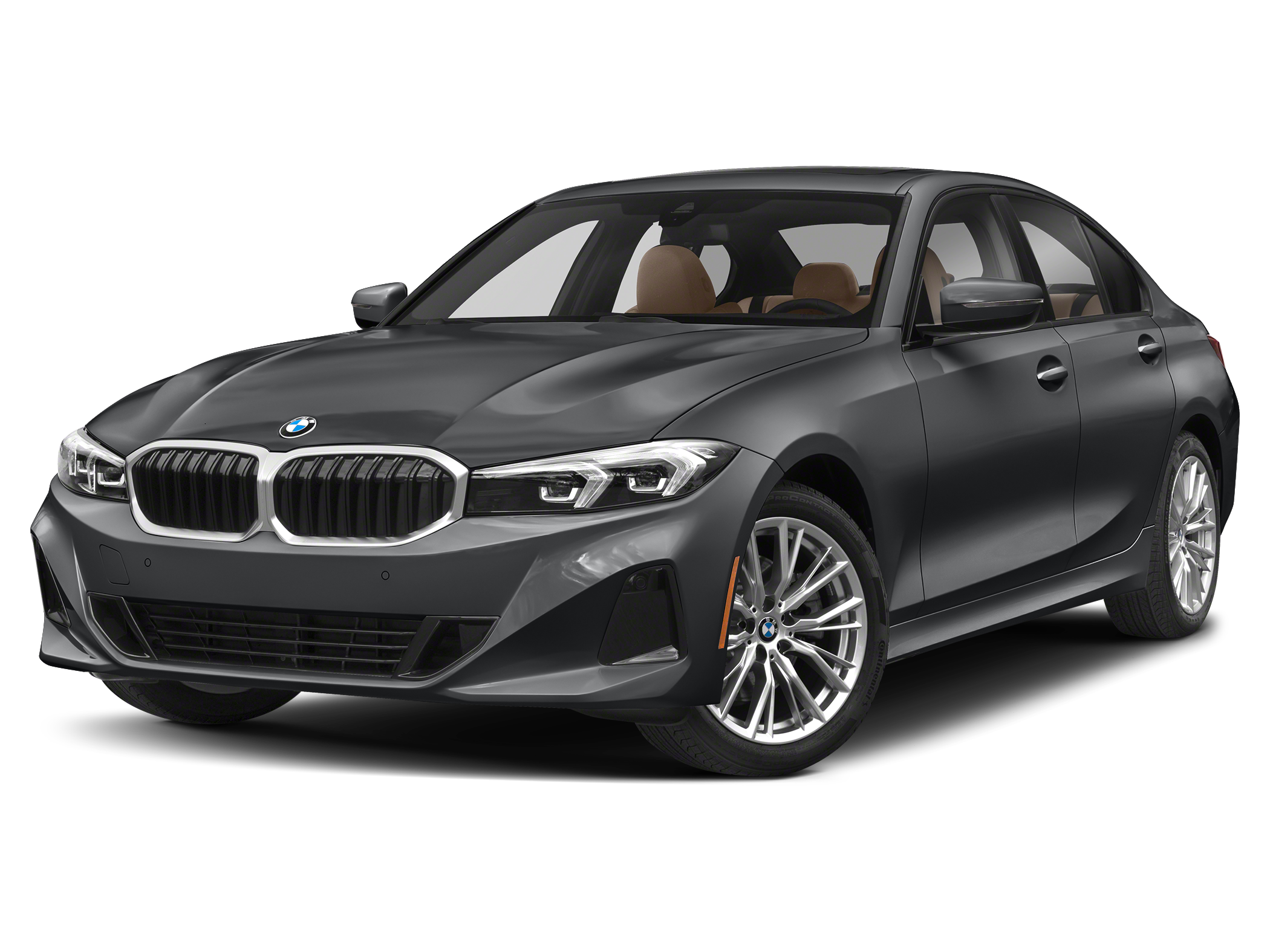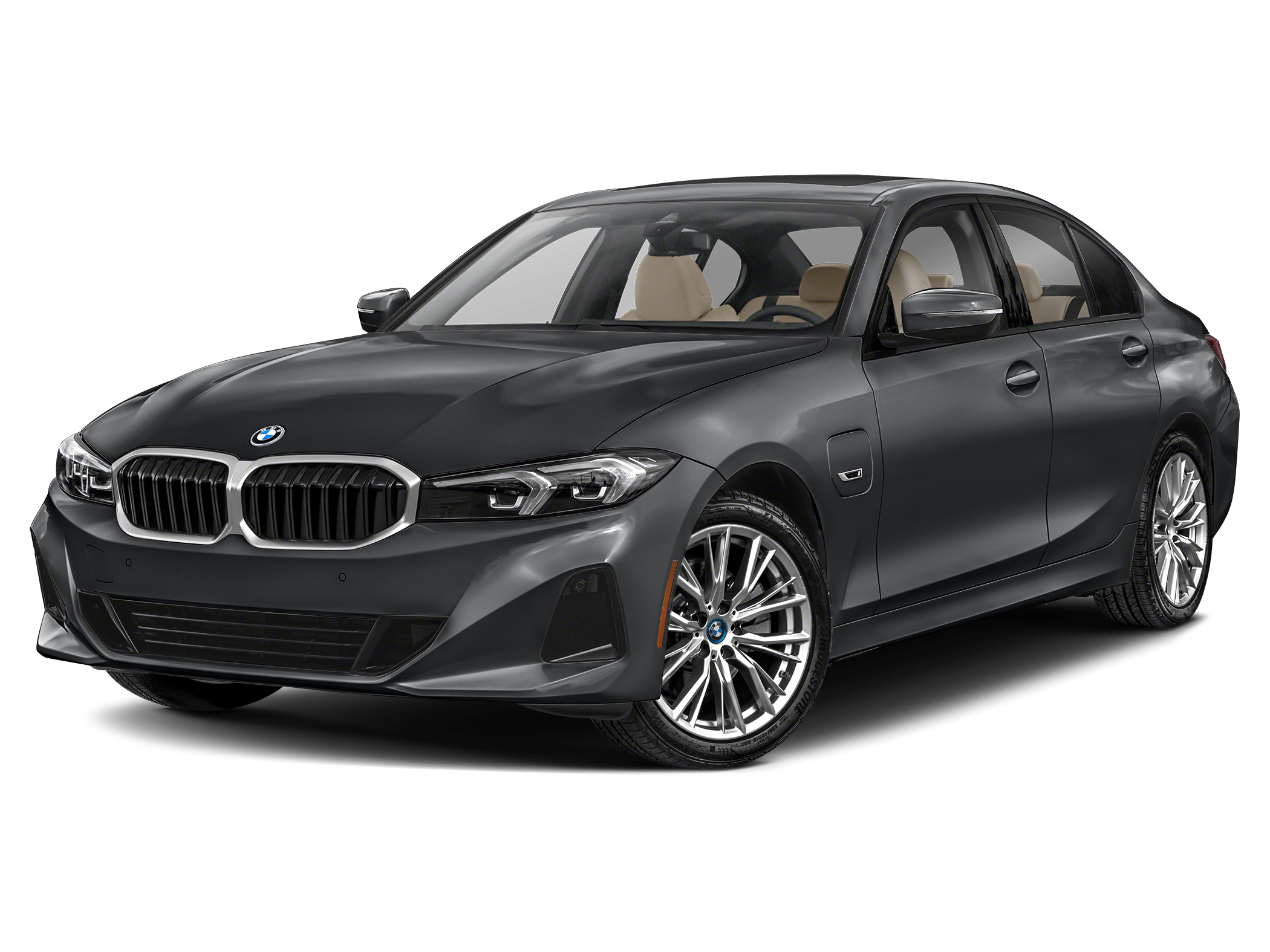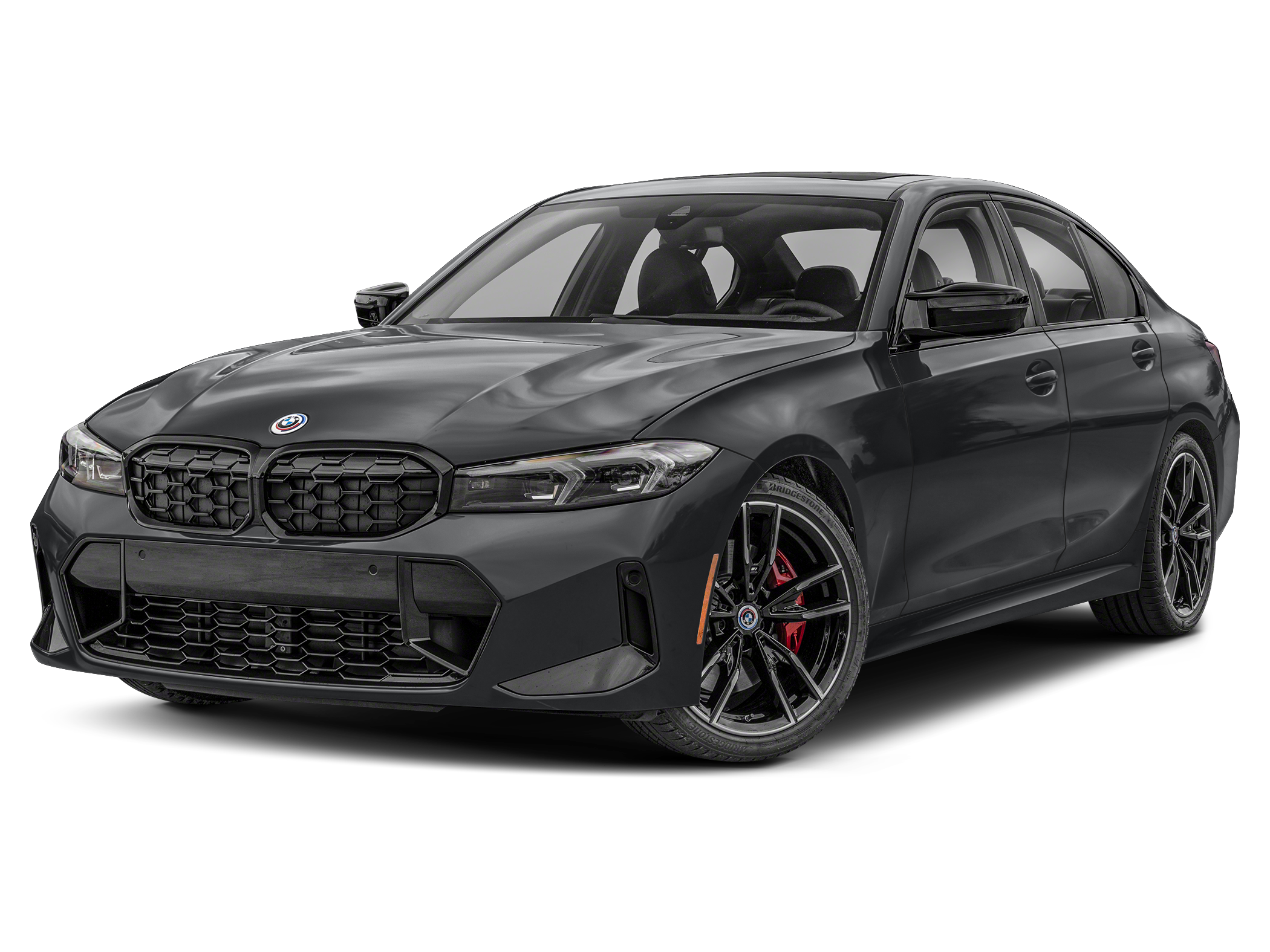REVIEW AND TEST DRIVE
2023 BMW 3 Series Review and Test Drive
Fresh styling and updated features arrive for BMW’s popular sport sedan.
 Perry Stern
Perry Stern
For almost 50 years, the 3 Series has been a mainstay of the BMW lineup. Now, for the 2023 model year, the popular German sport sedan gets updates inside and out, with fresh exterior styling and a more high-tech interior enhancing the seventh-generation BMW 3 Series introduced a few years ago. You’ll be able to spot the updated 2023 BMW 3 Series thanks to its revised kidney grille design, slim LED headlights, futuristic-looking curved display instrumentation, updated iDrive 8 operating system, and a new gear selector on the center console.
The 2023 3 Series is available in a range of models with varying performance levels, but they’re all four-door sedans. The entry-level 330i has a starting price of around $45,000, the more powerful M340i price is about $57,000, and the high-performance BMW M3 retails for about $75,000. Each 3 Series model is rear-wheel drive (RWD), but you can add the BMW xDrive all-wheel drive (AWD) system for $2,000 ($4,100 for the M3). These BMW 3 Series prices include the $995 destination fee, which covers transport from the assembly location in San Luis Potosi, Mexico, to your local dealership.
BMW plans to electrify its entire lineup, and within the 2023 3 Series family, the 330e plug-in hybrid (PHEV) serves as evidence of the automaker’s intentions. It provides the ability to drive the car as a pure electric vehicle (EV) for short distances and then switch to traditional hybrid operation. It has a starting price of about $46,000, including destination charges.
For this 2023 BMW 3 Series review I drove the 330e xDrive. Dipped in extra-cost Tanzanite Blue II Metallic paint, the test vehicle’s optional extras included the driver assistance package, driving assistance professional package, M Sport package, M Sport package professional, dynamic handling package, premium package, and an upgraded Harman Kardon surround-sound audio system. The total manufacturer’s suggested retail price (MSRP) was $57,140, including the $995 destination charge. BMW provided the vehicle for this 3 Series review, which I conducted near Palm Springs, California.
Previously, Capital One published a review of the 2022 BMW M340i xDrive, and the driving impressions of that car remain valid for the 2023 model year (except for the new interior tech).
 Perry Stern
Perry Stern
2023 BMW 3 Series Review: The Design
While the exterior design changes to the 2023 BMW 3 Series are not drastic, they are enough to differentiate it from the 2022 model. Up front, BMW redesigned the signature kidney grille for a sportier look, flanking it with slim LED headlights with stylish LED running lights that seem to make the sedan look wider for a more aggressive stance. At the rear, you’ll find updated LED taillights and a refreshed bumper that integrates the dual exhaust outlets.
The changes are more pronounced inside, starting with the all-new curved display digital instrumentation and infotainment system panel. Standard on all 3 Series trims, this new display combines a 12.3-inch driver information display and a 14.9-inch infotainment display under a single frameless curved glass surface, giving the 3 Series a high-tech feel. The only buttons on the dashboard are for the front and rear defroster and audio tuning controls. I was pleased that BMW hasn’t done away with the volume control knob—at least not yet.
You interact with the infotainment system using the touchscreen display, the sophisticated voice-recognition system, or the traditional iDrive controls on the center console. The iDrive controls include a large dial surrounded by soft-touch buttons providing quick access to functions like navigation, media, or the home screen.
Most 3 Series drivers will likely choose a preferred method of interaction with the technology and stick with it. However, while I experimented with voice control, I found that, in most cases, the touchscreen was the easiest way to find what I sought.
The standard front sports seats are comfortable and offer good support with back and thigh support bolsters. Though BMW outfitted my test car in the standard Sensatec upholstery, full leather trim is available. SensaTec is BMW’s animal-free leather that looks and feels like the real thing, with the added benefit of being stain resistant with better durability.
As part of the M Sport package, the interior of my 330e featured aluminum rhombicle anthracite trim, which added depth to the dashboard, mixing two of BMW’s top traits: performance and luxury. This metallic-looking trim fits nicely with the dark dashboard and, in my test vehicle, the lighter-colored seats and doors.
Those relegated to sitting in the rear seat will find reasonable space for two adults to ride comfortably. As is typical for a vehicle this size, the middle seating location is small, with a hard seat cushion and limited legroom, making it best for a smaller child. Rear-seat climate controls and dual USB-C ports add to the back seat passenger’s convenience.
One drawback of the 330e is that its trunk space is smaller than other versions of the 3 Series because BMW places the batteries behind the rear seats, infringing on cargo volume. The 2023 model is identical in terms of measurements to the 2019 3 Series & 2021 330e trunk size. A standard 330i offers 17 cu.-ft. of cargo space, while the 330e supplies 13.2 cu.-ft. That said, there’s still a good amount of room to easily handle two or three suitcases or several days’ worth of groceries. In addition, the rear seats fold in a 40/20/40 configuration, providing additional versatility for larger loads.
 Perry Stern
Perry Stern
2023 BMW 3 Series Review: The Technology
As part of the new curved display digital instrumentation and infotainment setup, the 2023 BMW 3 Series gets a larger 14.9-inch infotainment display using the latest version of the brand’s iDrive operating system (iDrive 8). As mentioned above, you can use the touchscreen, voice commands, or the physical iDrive controls on the center console to interact with the technology.
The touchscreen works much like a smartphone, allowing you to swipe left or right and up or down with your fingertips. Large virtual tiles provide access to the different feature menus contained within the system, and the experience is remarkably user-friendly.
BMW has made impressive strides with its voice-recognition software (Intelligent Personal Assistant), which works well with natural-language inquiries and commands. Saying “Hey, BMW” brings the system to life, so there is no need to push a button. When I asked for a charging station near me, it gave me several choices; the one I selected became my destination. I could change the radio station or audio source, check traffic on my route, and even lower the windows—all by voice.
Of course, you can handle any of these functions via the touchscreen or center iDrive controller, but the whole premise of voice recognition is to keep the driver’s hands on the wheel. The system even has a sense of humor: I asked, “Where are you?” The response was, “Have you looked in the glove box?”
My only complaint about the new interface is that the climate controls are not instantly accessible. The screen always displays temperature settings for both the driver and passenger, but any other function—fan, air flow direction, or seat heaters—requires opening a climate control menu. Drivers frequently adjust these settings during a trip, which is why most automakers make them easily accessible.
As for smartphone connectivity, I had no problems connecting my Android smartphone to the car wirelessly, giving the 3 Series a much nicer and cleaner interface than the typical Bluetooth setup. In addition, Apple CarPlay also connects wirelessly in the 3 Series.
 Perry Stern
Perry Stern
The technology story continues with the car’s advanced driver-assistance systems (ADAS), which employ cameras, radar, and ultrasonic sensors. My 330e test vehicle came with forward-collision warning, automatic emergency braking, and lane-departure warning. Everything else is an optional upgrade.
Add the driving assistance and driving assistance professional packages to get all the safety features available for the 2023 BMW 3 Series. Highlights include an active blind-spot monitoring system, front and rear cross-traffic alert, lane-keeping assist, lane-centering assist, lane-change assist, evasive steering assist, emergency stop assist, adaptive cruise control with stop-and-go capability, and more.
As I’ve experienced in other BMWs, these systems all work seamlessly. However, the lane-keeping assist can be somewhat aggressive in certain situations, quickly steering the car back into the lane.
BMW also equipped my test vehicle with extended traffic jam assist. With the adaptive cruise control active, the system can bring the vehicle to a complete stop when traffic isn’t moving and will automatically set off again if the car ahead moves within 30 seconds. That’s the traffic jam assist part of the equation.
With the extended traffic jam assist, you can use the system in a hands-free mode at speeds up to 37 mph, but you need to be driving on a limited-access highway. Also, you still need to pay attention, and a driver monitoring camera ensures you haven’t become distracted.
The Insurance Institute for Highway Safety (IIHS) gives the 2023 BMW 3 Series the highest score of Good in every crash test and crash-avoidance measure. The car also earns the top five-star rating in each of the tests performed by the National Highway Traffic Safety Administration (NHTSA), but they don’t apply to the 330e, which the NHTSA has not tested.
 Perry Stern
Perry Stern
2023 BMW 3 Series Review: The Drive
The BMW 330e offers a single powertrain option: a turbocharged 2.0L inline four-cylinder engine producing 181 hp with an electric traction motor that adds 107 hp. The total system output is 288 hp and 310 lb.-ft. of torque, and the power flows to the rear or all four wheels through an eight-speed automatic transmission with steering-wheel-mounted paddle shifters. A 12 kWh lithium-ion battery provides energy to the electric motor for added performance or up to 21 miles of electric-only driving.
With close to 300 hp and excellent traction from the AWD system, the BMW 330e xDrive feels quick off the line. BMW claims a zero-to-60-mph time of 5.6 seconds. Acceleration is a bit slower in pure EV mode, but driving at speeds up to 87 mph is possible without using the internal combustion engine.
EPA fuel-economy ratings for the 330e xDrive show 68 MPGe combined when using gas and electric and 26 mpg combined when operating the car solely on the gasoline engine. When driving the vehicle enthusiastically with a rather heavy right foot I saw an indicated 19 mpg, but that was with a completely depleted battery in gasoline only mode.
 Perry Stern
Perry Stern
According to BMW, you can fully charge the 330e’s battery in about 3.5 hours using a Level 2 charger or overnight with a standard household outlet. I found that regenerative braking could deliver additional EV-only range. Case in point: I gained five miles of battery charge on a 10-mile downhill route into Palm Desert, California. That gave me a chance to drive the 330e in full electric mode, and though acceleration is noticeably slower than in hybrid mode, it is still adequate for city driving. I was able to pull away from a stoplight and keep up with regular traffic without feeling uncomfortable.
Proving that hybrids can still be fun to drive, the 330e xDrive has all the driving characteristics common to a BMW, and I mean that as a compliment. Steering is spot on with excellent feedback, and the electrified four-door felt solid and stable when carving through corners on the mountain roads outside Palm Springs. The brakes on hybrid vehicles can often feel unrefined as they try to capture energy to recharge the batteries, but that isn’t the case with the 330e. Instead, braking is predictable and linear, adding to the overall confident drive.
As good as the 330e is when pushed hard, it works just as well when cruising on the highway or through town. The ride is especially quiet when moving under EV power only. But even when the gas engine is operating, it’s relatively quiet, with little wind or road noise to distract from the drive.
 Perry Stern
Perry Stern
Is the 2023 BMW 3 Series a Good SUV?
The new BMW 3 Series includes several appealing updates. The exterior styling fits well with the rest of the BMW lineup but isn’t too dramatic (if you know what I mean). Inside, the curved display, advanced iDrive 8 infotainment system, and premium materials provide a nice mix of luxury and technology. With a competitive range of available safety features and favorable crash-test scores, the 3 Series also makes safety a priority.
Not only is the 330e a good BMW, but it also works well as a PHEV. When fully charged, the 330e offers plenty of juice for running errands or a short commute without burning gasoline, making it possible to drive as efficiently as an electric car. But when needed (or wanted), you can awaken the 330e to deliver the entertaining driving experience expected from a BMW 3 Series or take a long road trip without worrying about finding a way to plug it in.
Indeed, with the plug-in hybrid 330e xDrive, BMW has created a vehicle that delivers efficiency and performance—the best of both worlds.
Written by humans.
Edited by humans.
 Perry Stern
Perry SternI have loved cars and trucks since childhood, and that fascination with anything that drives is just as strong today. As a teenager, I knew I wanted to become an automotive journalist, and during the past three decades, I have driven, written about, and photographed all manner of automobiles ranging from affordable econocars to exotic supercars. With the idea that there is a perfect car, truck, or SUV for everyone, my goal is to help consumers determine the right one for their wants and needs.
